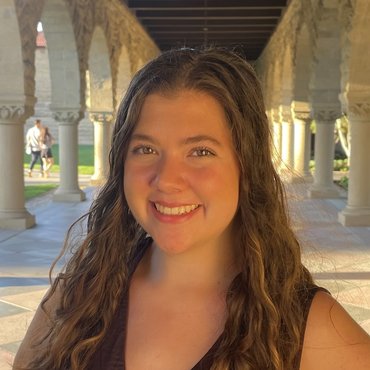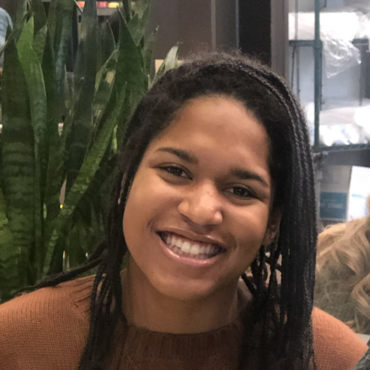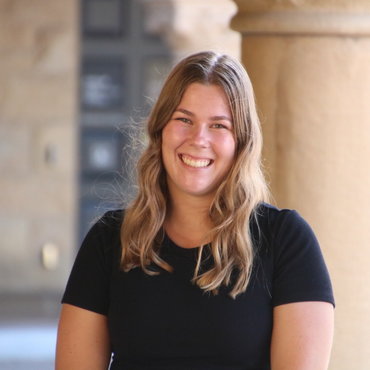
Adam Nayak, '22
Engineering and community-based project development: strategies to support cacao farmers in rural Ghana

“So, you think fertilizers would be a larger priority for farmers?” I ask Stephen Opoku and Dr. Alfred Arthur, our project partners at the Cocoa Research Institute of Ghana (CRIG).
Dr. Alfred nods, “I think this could be an exciting prospect.”
As a co-president of Engineers for a Sustainable World (ESW) at Stanford, I find one of the most exciting parts of my job to be working directly with our international partners, like Stephen Opoku and Dr. Alfred Arthur, to develop sustainable solutions to local issues.
For the past year, I have been working as a team leader for a project based in rural Ghana in partnership with chocolate producers and the Ghanaian government. As a leading agricultural export in Ghana, cocoa beans come from the cacao fruit, which consists of a large pithy husk that encases a cluster of beans. These husks are typically left in a pile to rot on farms.

Upon learning about the waste stream of cacao husk and the clean water scarcity in rural Ghana, our team’s initial plan was to use the organic waste as a means of water filtration through biochar production. Biochar production involves burning down organic waste into a porous charcoal that can be used in a variety of ways, including for filtering water and fertilizing soil. However, conversations with the leaders at CRIG made it clear that soil amendment strategies to enrich soil and fertilize crops were more important. Water filtration may have seemed more pressing to us as outsiders to the community, but to farmers, this was less of a concern than addressing economic needs and sustainable agricultural practices.
Although our team had originally planned to address a need that we had identified through research, it was essential that we listen, focus on community interests, and adapt our project to meet the expressed needs of our partners.
Our team refocused on the prospect of using the cacao biochar as a fertilizer, working to design, prototype, and test the product over the academic year. We then began trials in collaboration with farmers over the summer. Natural fertilizers benefit crop production, farm sustainability, and environmental health for farmers, and also offer the prospect of stable crop yield to the government and chocolate-producing industries.
To date, our project work in Ghana has brought together stakeholders who were scattered throughout the chocolate production industry to focus on a sustainable goal and directly benefit workers on the ground.
What I love most about ESW is this emphasis on long-term relationship building and open-mindedness. When I bring humility, empathy, and intentionality into my interactions with others, I am able to learn more, listen more critically, and reflect upon my own areas for growth. Although it currently may not be common for engineers to be involved in community-based projects, I believe it is central to effective practice to collaborate directly with those who use and need our products and services most.


